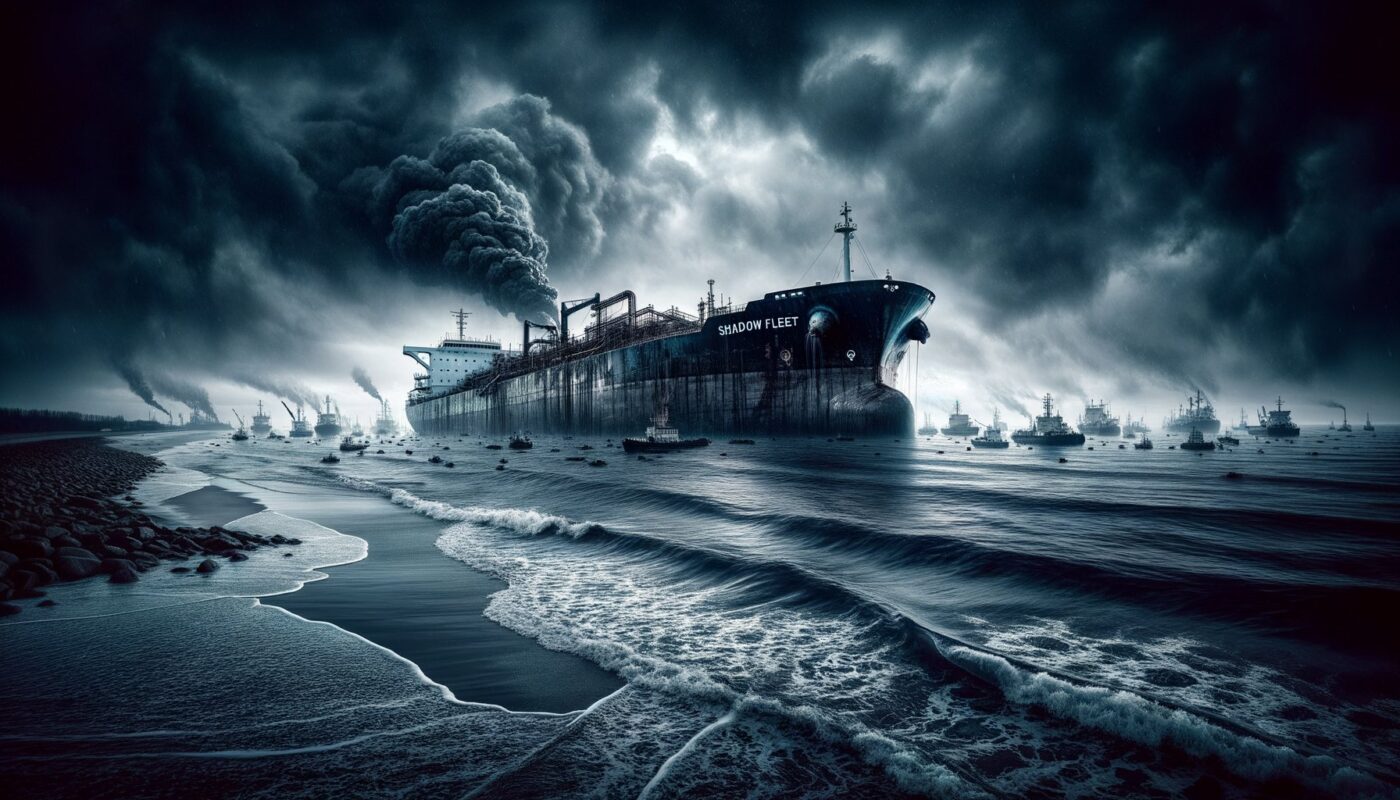Germany is in a race against time to secure a heavily loaded oil tanker, identified as part of Russia’s “shadow fleet,” that was found adrift and unable to maneuver in the Baltic Sea. The country is working swiftly to prevent an environmental disaster as they tow the stranded ship away from its northern coast.
The Stranded Vessel: A Potential Environmental Hazard
The 274-meter-long tanker, named Eventin, is carrying almost 100,000 tonnes of oil. It was making its journey from Russia to Egypt when the vessel’s engine failed, leaving it adrift close to Germany’s coastline. The Central Command for Maritime Emergencies in Germany reported the situation, emphasizing the critical nature of the operation to steer the tanker to safer waters. With rough seas and high winds adding to the challenge, three tugs have been dispatched to secure the vessel.
Political Tensions and Environmental Worries
Germany’s Foreign Minister, Annalena Baerbock, strongly criticized Russia’s tactics of using “dilapidated oil tankers” to dodge sanctions imposed due to the ongoing conflict in Ukraine. According to Baerbock, these actions could pose a significant threat to European security and potentially harm the tourism-dependent Baltic Sea region. As noted, “by ruthlessly deploying a fleet of rusty tankers, (Russian President Vladimir) Putin is not only circumventing the sanctions, but is also willingly accepting that tourism on the Baltic Sea will come to a standstill” in the event of an accident.
The Growing Concern Over the “Shadow Fleet”
This incident shines a light on the larger issue of the “Russian shadow fleet,” a term used to describe a network of tankers with obscure ownership or insufficient insurance coverage. These vessels play a crucial role in enabling Russia to continue its profitable oil exports despite international sanctions. According to the Atlantic Council, the number of ships part of this shadow fleet has dramatically increased since the onset of the war in Ukraine.
The European Union, United States, and Britain have all taken steps to combat this illicit network. Recently, more than 180 ships suspected of carrying Russian oil have faced new restrictions and sanctions. For further details on the political and economic implications of such sanctions, the article on the U.S. Intensifying Pressure with Unprecedented Sanctions on Oil Industry provides deeper insights.
Echoes of Past Environmental Disasters
Historically, oil spills and maritime accidents have left devastating scars on marine environments, leading to long-term ecological and economic damage. With the tanker dangerously close to coastal regions, authorities are reminded of the importance of robust maritime safety protocols and international cooperation to prevent potential disasters.
A look at how communities and industries can be affected by such crises can be found in the discussion of recent events in Texas, such as the travel disruptions caused by severe winter weather.
In conclusion, as Germany continues its efforts to secure the stranded oil tanker, the incident underscores the intricate challenges posed by geopolitical tensions and environmental risks. The international community remains watchful, recognizing the delicate balance between political maneuvers and the safety of global maritime and environmental interests.
Warning : This information is indicative and without guarantee of accuracy. Consult a professional before making any decision.





